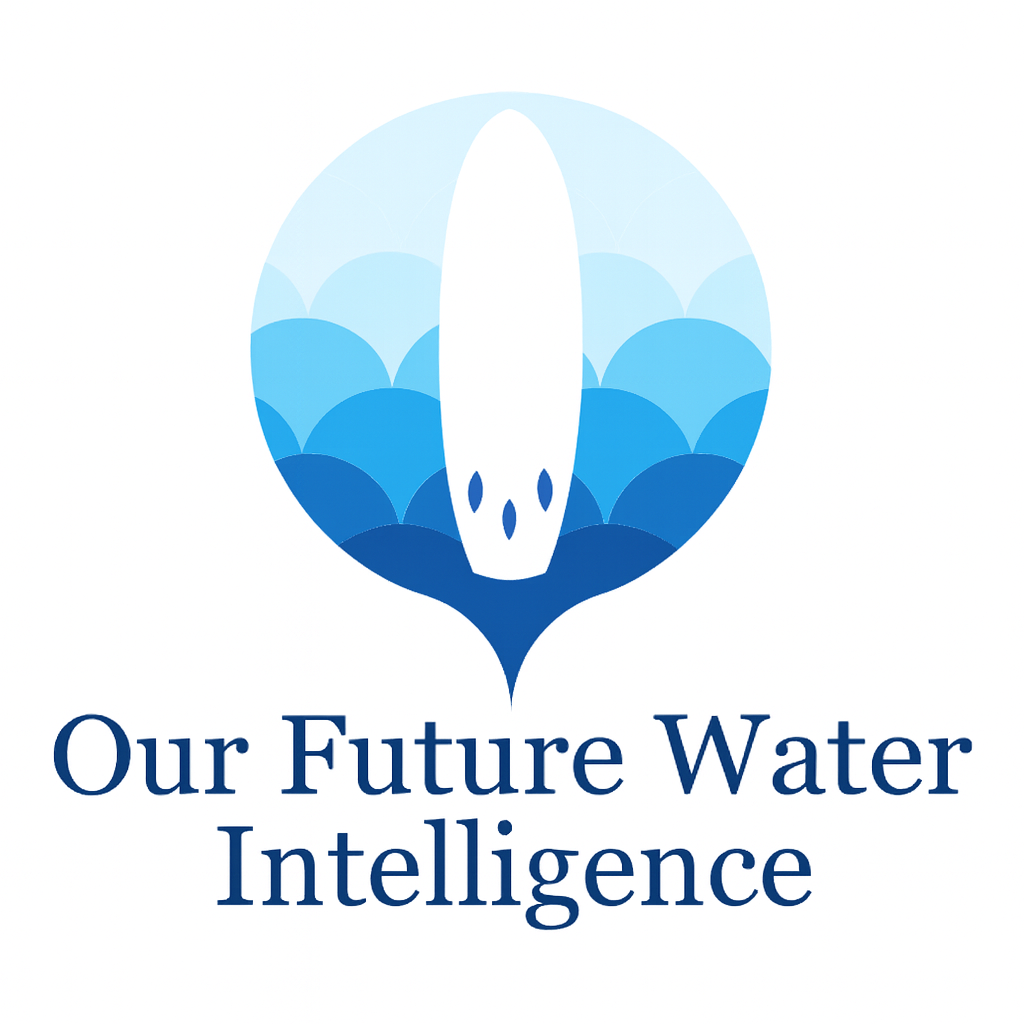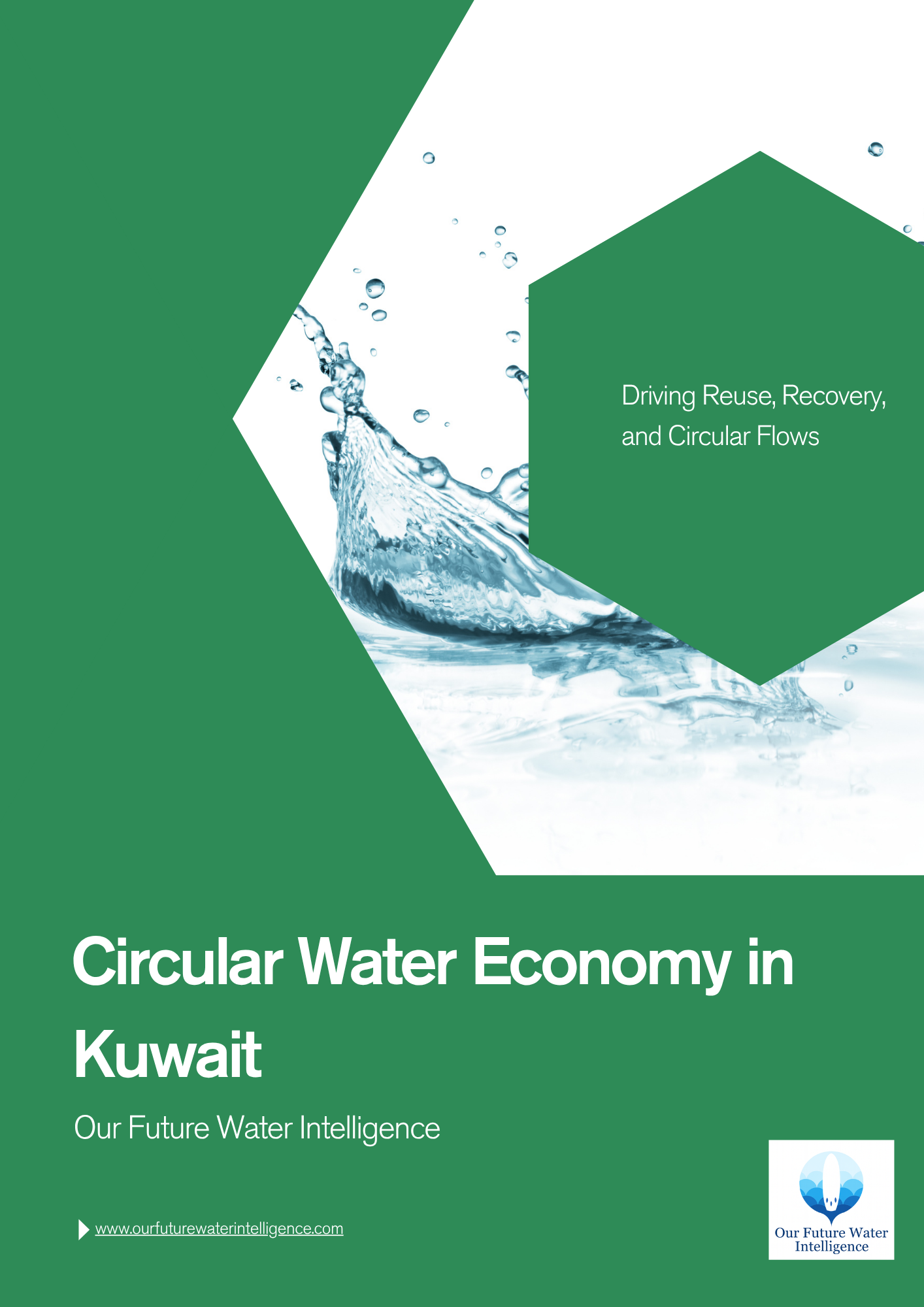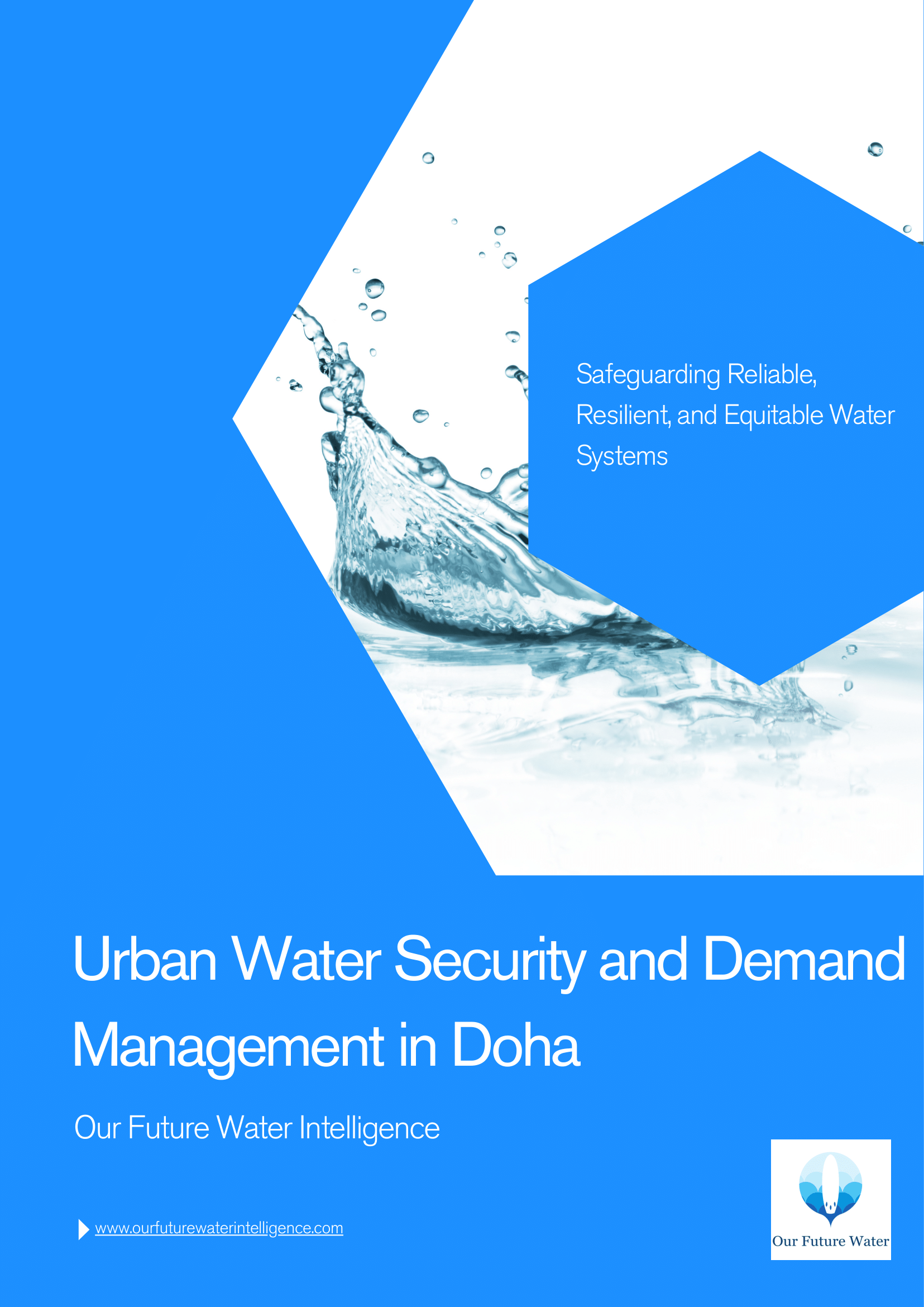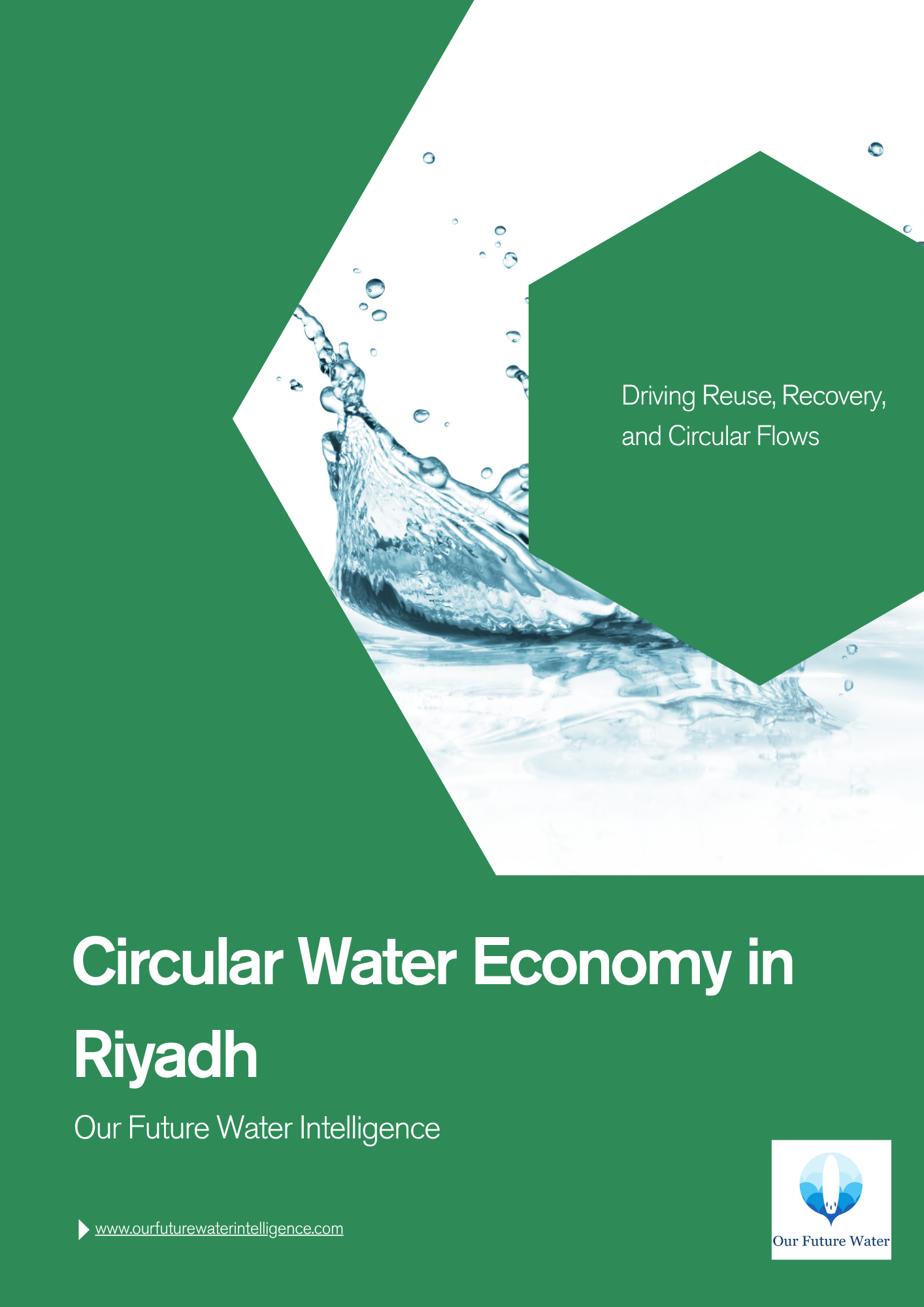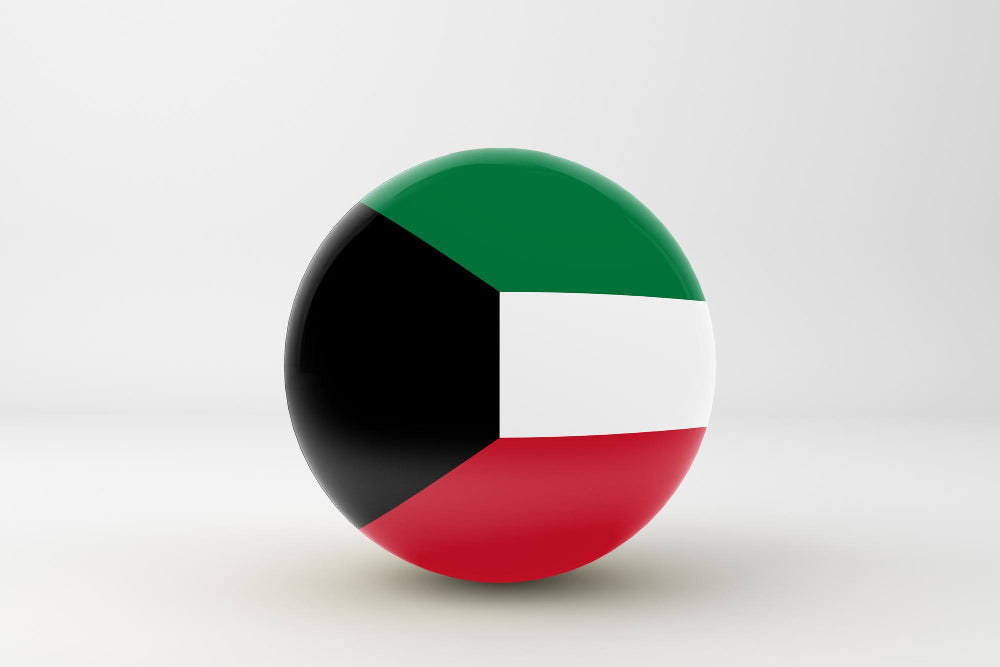
Kuwait City Water Efficiency – Smart Metering and Tariff Reform
Kuwait City stands at the crossroads of innovation and necessity. Ranked as the most water-stressed nation globally, with an average annual rainfall of just 121 mm and per capita water consumption of 447 liters per day, the city’s water security challenge is one of extremes. Nearly 95% of production costs are subsidized by the government, creating fiscal and environmental strains. Yet a quiet revolution is underway — through smart metering, tariff reform, and digital water management, Kuwait is laying the foundations for a sustainable and efficient water future in the Gulf’s hyper-arid environment.
Analysis: Toward Smarter Water Governance
Kuwait’s urban water security has long depended on large-scale desalination, which accounts for nearly half of its total supply. However, this model is energy-intensive, emitting over 15 million tons of CO₂ annually by 2050 if left unchecked. Recognizing this, the Ministry of Electricity, Water and Renewable Energy (MEWRE) is shifting focus toward demand management, where smart technologies and policy reforms play central roles.
The national Smart Meter System Program aims to install 200,000 smart water meters, replacing legacy devices that under-register up to 50% of actual consumption. This digitalization effort enables real-time monitoring, leak detection, and accurate billing — all essential tools in reducing Non-Revenue Water (NRW), which currently accounts for 20% of system input.
At the same time, tariff reforms are being debated under the National Adaptation Plan (2019–2030). Gradual adjustments to block tariffs will encourage conservation without compromising affordability, while enhanced billing transparency will promote behavioral change. Together, these reforms create a “smart governance” model that integrates pricing, technology, and consumer engagement.
This evolution mirrors broader Gulf trends toward climate resilience and circular water economy principles. While Oman’s Vision 2040 and Bahrain’s National Water Strategy 2030 emphasize diversification and reuse, Kuwait’s approach is distinct — it combines fiscal sustainability with behavioral economics, embedding conservation within public and institutional practice.
Case Study: The Sulaibiya Wastewater Reclamation Plant and Smart Meter Rollout
The Sulaibiya Wastewater Reclamation Plant exemplifies Kuwait’s commitment to efficiency and innovation. As the largest membrane-based reclamation facility in the world, it treats approximately 600,000 m³/day of wastewater, achieving 58% reuse rates primarily for irrigation and landscaping. At a production cost of just USD 0.78 per 1,000 liters, compared with USD 3.13 for desalinated water, Sulaibiya highlights the economic advantage of wastewater reuse within the circular water economy.
Parallel to this, the smart metering initiative is reshaping Kuwait’s demand-side management landscape. Expected savings reach KWD 13.2 million annually, alongside 30.5 million kWh/year in energy reductions and 16,000 tons of CO₂ emissions avoided. By providing consumers with transparent feedback through bills and mobile apps, the program transforms abstract conservation goals into actionable habits.
Public awareness campaigns — supported by near-total digitalization of MEWRE’s services (97% online) — further strengthen engagement. This soft-path approach leverages social norms, comparative benchmarking, and behavioral nudges to promote efficiency even in a subsidy-driven system.
Together, these interventions showcase a powerful combination of infrastructure investment and behavioral insight — one that aligns Kuwait’s water management system with global best practices in smart urban governance and climate adaptation.
Call to Action
Explore detailed data tables, projections, and policy insights in the full report:
Urban Water Security and Demand Management in Kuwait City – Our Future Water Intelligence
